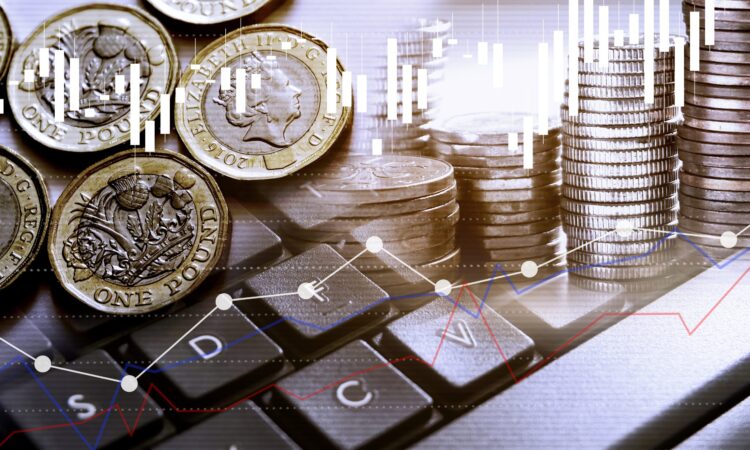
Here’s the latest currency news from our partner Moneycorp, to help you find out what your money is worth.
GBP
Last week, Labour secured a decisive victory in the UK general election, winning 412 out of 650 seats. The Conservatives won 121 seats, and the Liberal Democrats secured 72. This result marks the worst defeat in the Conservative Party’s parliamentary history. Prime Minister Rishi Sunak has accepted responsibility for the defeat, acknowledging the nation’s anger.
Keir Starmer, the new Prime Minister, will start his tenure by visiting all four nations of the United Kingdom. He aims to dismantle the previous government’s controversial Rwanda Scheme and the new Labour government is expected to prioritise improving the UK’s relationship with the EU, with Foreign Secretary David Lammy advocating for a “wide-ranging security pact.”
Elsewhere in the newly formed cabinet, Labour’s Defence Secretary, John Healey, has already travelled to Ukraine, pledging new military supplies and reaffirming commitments made by Sunak in April. Health Secretary Wes Streeting plans to meet with junior doctors to address long-standing industrial action and with the British Dental Association to discuss fulfilling Labour’s promise of 700,000 urgent appointments.
According to the GDP growth data released this week, the UK economy grew more than expected in May. The Office of National Statistics reported 0.4% growth, significantly more than the 0.2% expected and after showing no growth in April.
The services sector, has been a consistent driver of growth, maintaining its position above the key 50 level since November last year. This, coupled with a rebound in house building, has contributed significantly to the more positive figure. With growth being the new Labour government’s “national mission”, this will be welcome news among ministers and could reassure investors and analysts about the stability of the UK economy.
Following the news, the pound increased in value against both the dollar and the euro this morning. However, expectations of an August rate cut have dropped to 52.7% from 67.5% at the beginning of the week.
This could mean the outcome of the next Bank of England rate meeting, scheduled for Thursday 1st August, is still effectively undecided. Key data releases, including the latest CPI inflation data, Retail Sales, and the Manufacturing and Services PMIs, are all due for release before then, and each release could prove pivotal as markets and policymakers look for further insight into the UK economy over the next few weeks.
The pound is up against the dollar today, after it fell against a basket of currencies following the latest CPI Inflation data released in the US yesterday afternoon. Price rises fell faster than expected in June to just 3%, below forecasts of 3.1% and May’s reading of 3.3%.
The news saw bets on interest rate cuts increase for the Fed this year, impacting the value of the dollar. The dollar’s devaluation against the euro has been less significant, causing the pound to also push higher against the euro.
EUR
The French elections on Sunday resulted in a political deadlock, with no group winning a majority. The New Popular Front (NPF) unexpectedly took the top spot with 182 seats, while Marine Le Pen’s National Rally won 143 out of a total of 577 seats. The parties need a coalition of 289 seats to form a majority, with the most likely outcome at the time of writing being an alliance between left and centrist parties. Whatever happens, the outcome will be challenging with a fragmented parliament and the political landscape in France remains uncertain. President Macron must decide who to ask to form a new government, which will then face a confidence vote in the National Assembly, which, if unsuccessful, means the president cannot call another parliamentary election for 12 months. Prime Minister Gabriel Attal has offered his resignation but will remain in a caretaker role until a new government can be formed
The results seemed to only have a minor impact on the euro, the single currencies only dropping by 0.3% Against the dollar and 0.4% against the pound immediately after.
Looking forward to next week’s interest rate decision, the ECB is unlikely to cut rates on Thursday 18th July, although a 76.4% chance of a September cut remains.



